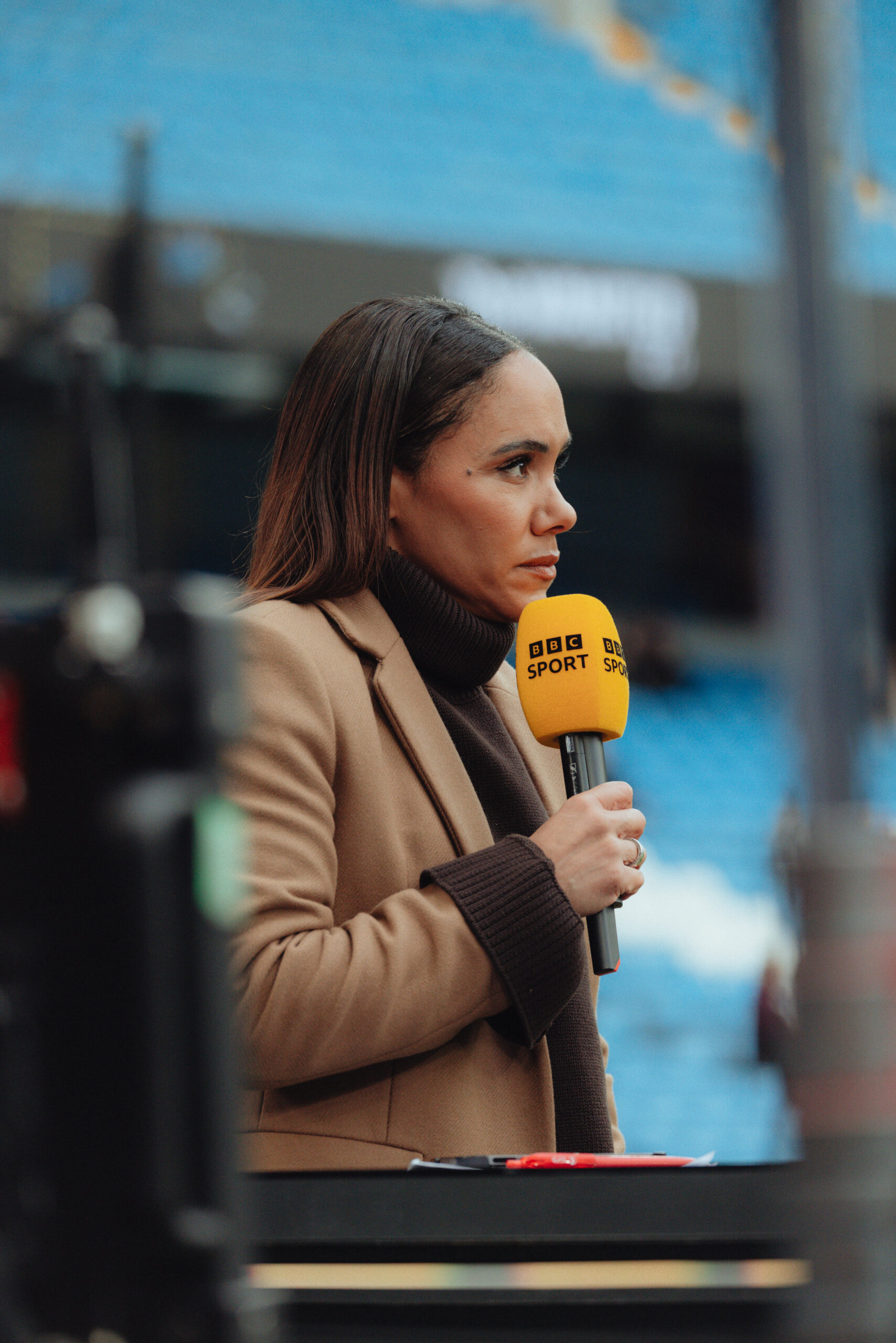As the curtain closed on the 2024 Olympics, Lydia Williams officially retired from international football, marking the end of a storied career that spanned almost two decades. Williams’ journey from the red dirt of remote Western Australia to the world’s biggest stages is a tale of resilience, cultural pride, and a relentless pursuit of excellence. Her story is one that not only cements her as the longest-serving Matilda in history but also as a trailblazer who has paved the way for Indigenous athletes in Australia.
Lydia Grace Yilkari Williams was born in Katanning, a small town in Western Australia, but she spent her formative years in Kalgoorlie, a remote community steeped in the culture and traditions of Indigenous Australians. Williams’ father, a member of the Noongar people, played a crucial role in connecting her to her Indigenous heritage. Growing up, Williams was deeply influenced by her father’s teachings about the land, community, and the importance of her cultural roots.
Living in remote Australia presented many challenges for a young girl aspiring to play football. Despite limited access to proper facilities and coaching, Williams’ passion for the game was unwavering. She learned to play on dusty fields with makeshift goals, experiences that shaped her into the formidable goalkeeper she would later become.
The 2000 Sydney Olympics played a pivotal role in shaping Williams’ ambitions. As a young girl, she watched Cathy Freeman, an Indigenous Australian sprinter, light the Olympic flame and later win gold in the 400 metres. This moment was transformative for Williams, as she saw for the first time that an Indigenous woman could be a national hero, revered by millions. This was a turning point for Williams, who realised that her dreams of achieving greatness in sport were not only possible but within reach.
That same year, Williams attended a women’s football match at the Olympics, where she witnessed firsthand that women could be professional athletes. This experience further fueled her passion for the sport, setting her on a path that would eventually lead to her becoming a professional footballer herself. Williams went on to represent Australia at three Olympic Games.
Despite geographical and logistical challenges, Williams’ talent did not go unnoticed. She received a scholarship to attend the Australian Institute of Sport (AIS) in Canberra at age 16, marking the beginning of her professional football journey. At AIS, Williams honed her skills and developed the mental toughness required to succeed at the highest levels.
In 2005, at just 17 years old, Williams made her debut for the Matildas, Australia’s national women’s football team. This marked the beginning of an illustrious international career that would see her become a mainstay in the squad for nearly two decades. Williams quickly established herself as a reliable shot-stopper, known for her agility, sharp reflexes, and ability to perform under pressure. Her presence in goal became synonymous with the Matildas’ defensive strength, and she played a pivotal role in some of the team’s most memorable victories.
Throughout her career, Williams has played for clubs around the world, showcasing her talent on multiple continents. In the United States, she played for teams like Western New York Flash, Washington Spirit, and Houston Dash in the National Women’s Soccer League (NWSL), where she became one of the league’s standout goalkeepers. Her time in the NWSL not only improved her game but also allowed her to gain international experience and exposure.
In Europe, Williams continued to excel, signing with clubs like Piteå IF in Sweden and later with Arsenal in England’s FA Women’s Super League (WSL), one of the most competitive women’s leagues in the world. At Arsenal, Williams was part of a squad that competed at the highest level, playing in the UEFA Women’s Champions League and helping the team to achieve domestic success. Her stint in Europe solidified her reputation as one of the top goalkeepers globally and added to her already impressive list of accomplishments.
Williams’ contributions to football extend far beyond her on-field performances. As an Indigenous athlete, she has been a vocal advocate for greater representation and recognition of Indigenous players in Australian sport. Throughout her career, Williams has used her platform to highlight the challenges faced by Indigenous communities and to push for change within the sport. Her advocacy work has focused on creating pathways for young Indigenous athletes, ensuring that they have the opportunities and support needed to succeed in football and beyond.
Williams’ commitment to her Indigenous heritage is also evident in her involvement with various community programs and initiatives aimed at empowering Indigenous youth. She has worked with organisations that promote education, health, and sports participation among Indigenous communities, using her status as a Matilda to inspire and uplift others. Her efforts have made her a role model not just for aspiring footballers but for all young Australians, particularly those from marginalised communities.
For “Lyds”, as she’s known within the team, the Matildas were more than just teammates; they became her found family, especially after the passing of her father. His death was a profound loss for Williams, as he had been her biggest supporter and the person who instilled in her the values of resilience and determination. In his final moments, he urged her to “Keep going, Lydia. Keep making me proud,” a message that became her guiding light throughout her career.
The Matildas provided Williams with a sense of belonging and support during this difficult time, helping her to continue pursuing her dreams even in the face of personal tragedy. Her teammates and the close-knit bond they shared became a source of strength for Williams, enabling her to honour her father’s memory by excelling on the field and becoming one of the most respected figures in Australian sport.
As the longest-serving Matilda, Williams’ legacy is one of perseverance, breaking barriers, and paving the way for future generations. Her retirement marks the end of an era, but her impact on Australian football will be felt for years to come. Williams has been a trailblazer, not only for Indigenous athletes but for women in sport more broadly.
In her recent reflection published in The Players’ Tribune, Williams shared her deep connection to her culture, her pride in representing Australia, and her hope for a future where Indigenous athletes have greater access to opportunities and support. She spoke candidly about the challenges she faced, both personal and professional, and the importance of staying true to oneself. Her story is not just one of personal achievement but also of cultural pride and advocacy, as she continues to inspire both on and off the pitch.
Williams’ career has been one of the most remarkable in Australian sport. From her humble beginnings in remote Australia to becoming the face of the Matildas for nearly two decades, she has broken barriers and set new standards for what is possible in football. Lydia’s journey shows what it is to truly be Australian. Her legacy is one of excellence, advocacy, and inspiration, and as she steps away from the international stage, her influence will continue to be felt across the sport. Williams’ journey is far from over, and as she transitions into the next phase of her life, there is no doubt that she will continue to inspire and lead, just as she has done throughout her career.



